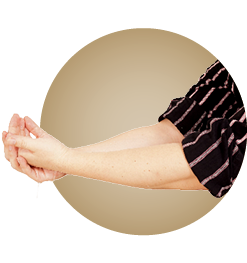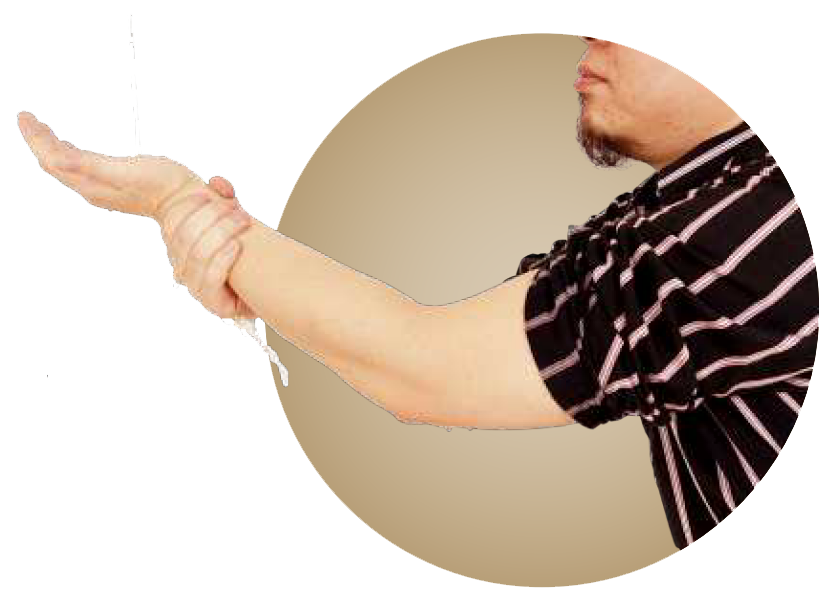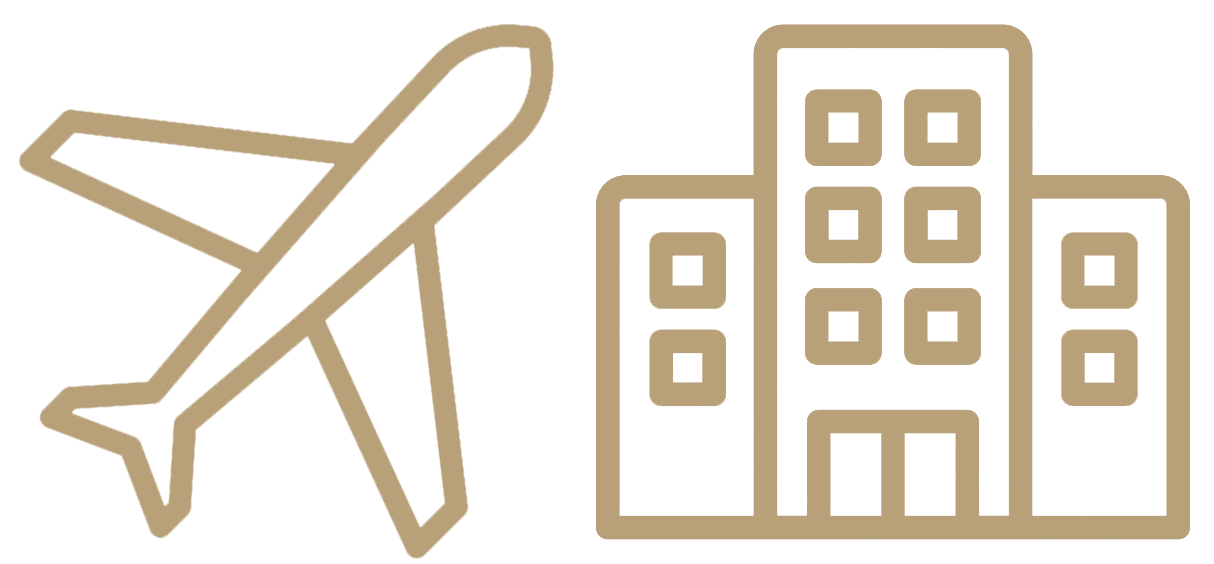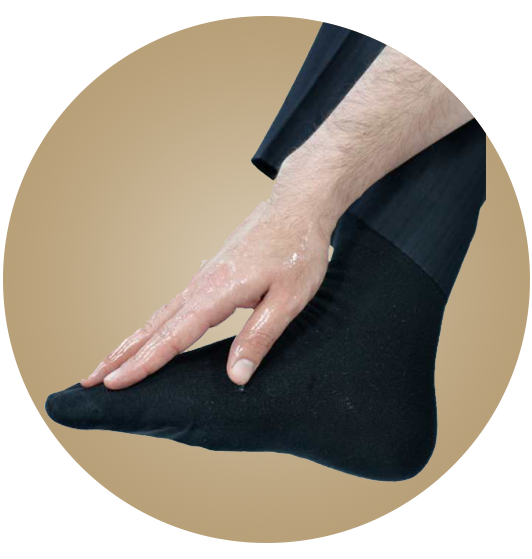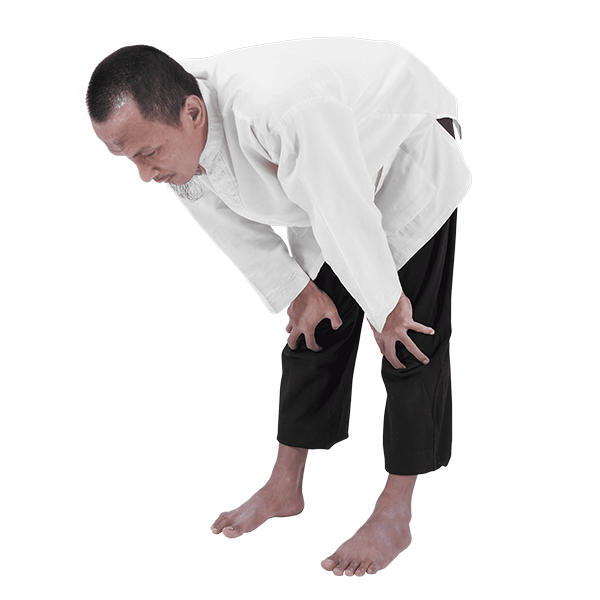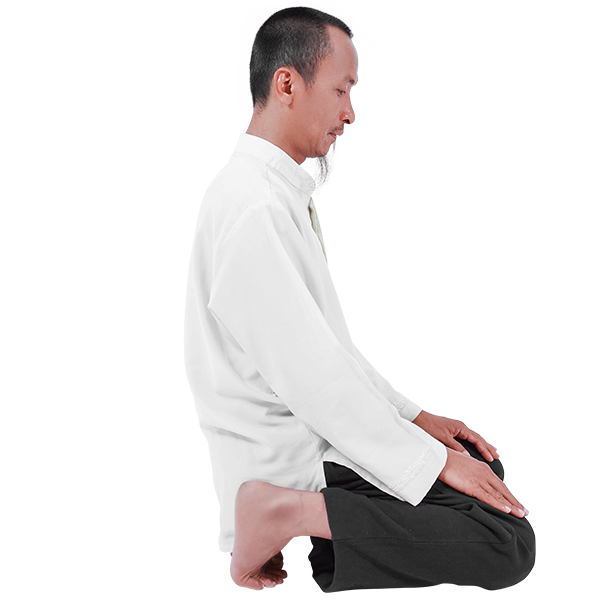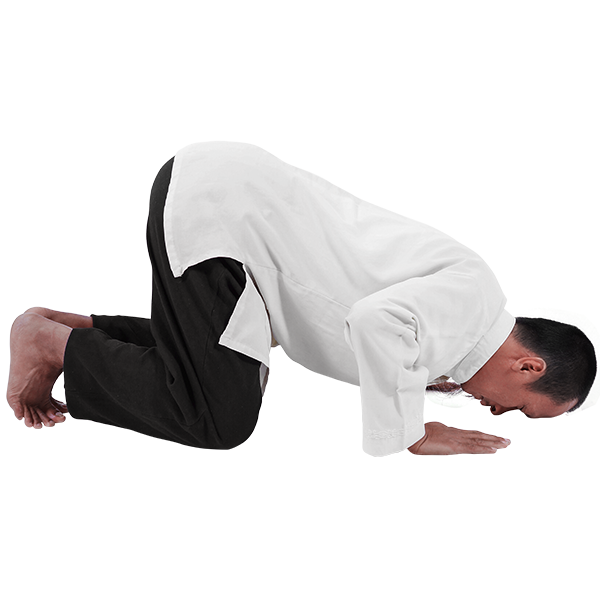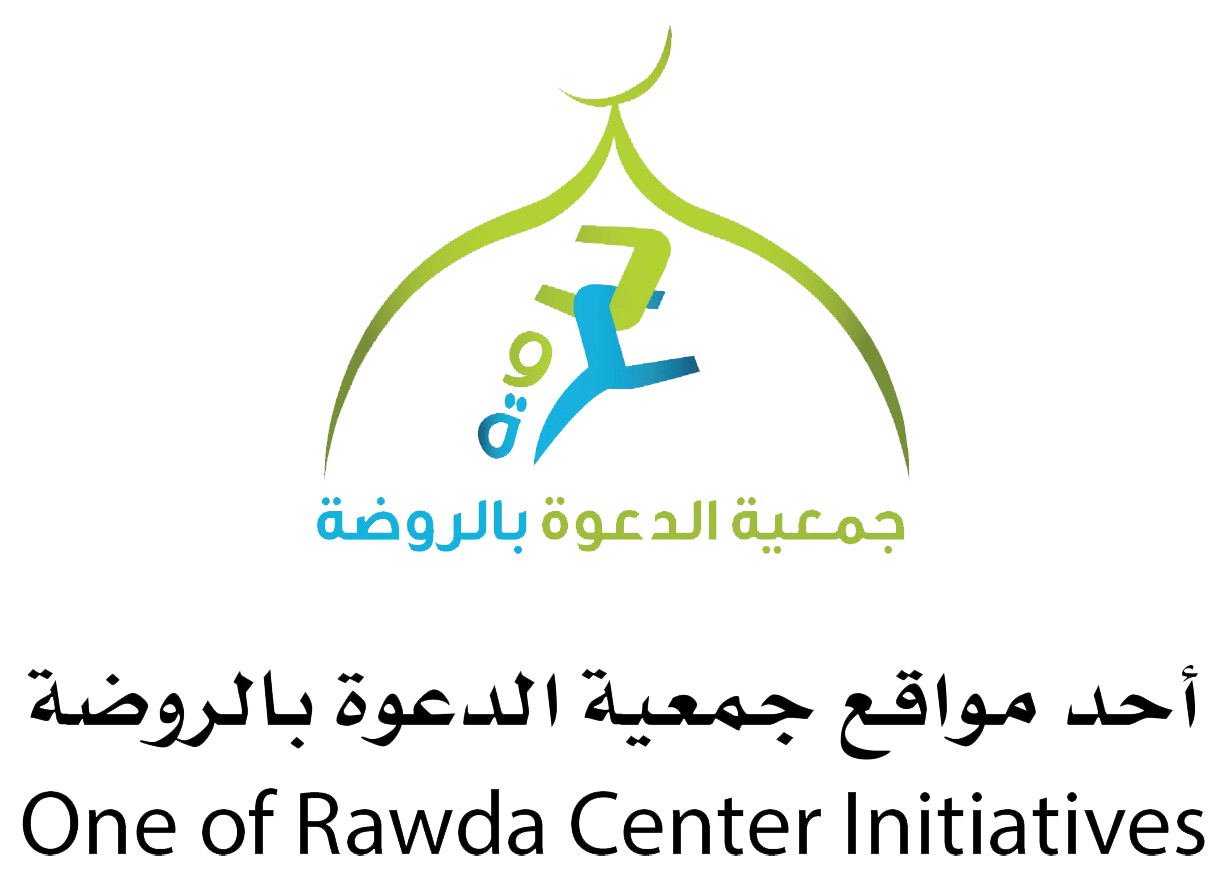My Happiness Lies in My Religion, Islam
Allah Almighty says: {Whoever does righteousness, whether male or female, while he is a believer - We will surely cause him to live a good life, and We will surely give them their reward [in the Hereafter] according to the best of what they used to do.} [Ch. 16, Verse 97]
One of the most important things that brings joy and comfort to the Muslim’s heart is his direct connection to his Lord without a mediator from the living or the dead or the idols. Allah (SWT) said in the Qur’an that He is always near to us to hear and answer our Duā (supplication). Allah says: {And when My servants ask you, [O Muhammad], concerning Me - indeed I am near. I respond to the invocation of the supplicant when he calls upon Me. So let them respond to Me, and believe in Me so that they may be rightly guided.} [Ch. 2, Verse 186]
Allah commands us to call upon Him, and He made supplication one of the great acts of worship whereby a Muslim draws close to Him. Allah says: {And your Lord says, “Call upon Me; I will respond to you.”} [Ch. 40, Verse 60]
A true Muslim is permanently in need of his Lord and always seeks to supplicate Him and get close to Him through good deeds.
Allah Almighty created us in this universe as a great wisdom and not in vain; He created us to worship Him alone without any partner unto Him. He set for us a comprehensive divine religion that organizes all the affairs of our lives, public and private, thereby preserving the five necessities of life: our religion, life, honor, mind, and property. Whoever follows the Sharia commandments and avoids its prohibitions, without doubt, will preserve these necessities and enjoy a happy peaceful life.
The bond between the Muslim and his Lord is profound, bringing reassurance, spiritual comfort, tranquility, safety, and delight. It makes him feel that Allah is "with" him, taking care of Him and protecting Him. Allah says: {Allah is the ally of those who believe. He brings them out from darknesses into the light} [Ch. 2, Verse 257]
This great relationship is a spiritual state that makes the Muslim feel bliss in worshiping Allah, the Most-Merciful, and yearn to meet Him. It makes the heart filled with happiness when it savors the sweetness of faith.
That is the sweetness whose delight cannot be described except by someone who tasted it by doing good deeds and shunning evil ones. The Prophet (Allah’s prayers and peace be upon him) said: “He who is content with Allah as his Lord, has truly found the taste of faith, with Islam as his religion, and Muhammad as his Prophet.”
Verily, if a person is mindful that he is ever in the presence of His Creator, and he knows His Creator by knowing His Beautiful Names and Attributes, and He worships Him as if he sees Him, dedicating his worship sincerely to Allah and seeking by it none other than Him, he would live a happy and blissful life in this world and enjoy the best outcome in the Hereafter.
Even the calamities that befall a believer in the life of this world, their intensity is alleviated by the comfort of certitude and perfect contentment with Allah’s predestination and praising Him for all that He decrees.
Among the deeds that the Muslim should maintain to add to his happiness and reassurance is to remember Allah often and to read the Noble Qur’an. Allah says:{Those who believe and whose hearts are assured by the remembrance of Allah. Unquestionably, by the remembrance of Allah hearts are assured.} [Ch. 13, Verse 28] The more the Muslim remembers Allah and reads the Qur’an, the stronger his bond with Allah becomes; his heart becomes purified and his faith becomes stronger.
The Muslim should also be keen on learning his religion from the correct reliable sources to worship Allah based on sure knowledge; the Prophet (Allah’s prayers and peace be upon him) said: “Seeking knowledge is a duty upon every Muslim.” The Muslim should be submissive and yielding to the commands of Allah who created him, whether he knows the wisdom behind them or not; Allah (SWT) says: {It is not for a believing man or a believing woman, when Allah and His Messenger have decided a matter, that they should [thereafter] have any choice about their affair; whoever disobeys Allah and His Messenger is clearly misguided.} [Ch. 33, Verse 36]
May Allah’s peace and blessings be upon our Prophet Muhammad and upon his household and Companions!



 My Lord is Allah
My Lord is Allah
 My Prophet is Muhammad (pbuh)
My Prophet is Muhammad (pbuh)
 The Noble Qur’an is the Word of my Lord
The Noble Qur’an is the Word of my Lord
 I Recognize the Pillars of Islam
I Recognize the Pillars of Islam
 I Recognize the Pillars of Imān (faith/belief)
I Recognize the Pillars of Imān (faith/belief)
 I learn Wudu’ (Minor Ablution)
I learn Wudu’ (Minor Ablution)
 Wiping over Khuffs (leather socks) and socks
Wiping over Khuffs (leather socks) and socks
 Ghusl (Ritual Bath)
Ghusl (Ritual Bath)
 Tayammum (Dry Purification)
Tayammum (Dry Purification)
 I Learn How to Pray
I Learn How to Pray
 Hijāb of the Muslim Woman
Hijāb of the Muslim Woman
 Some Characteristics of the Believer
Some Characteristics of the Believer
 My Happiness Lies in My Religion, Islam
My Happiness Lies in My Religion, Islam


